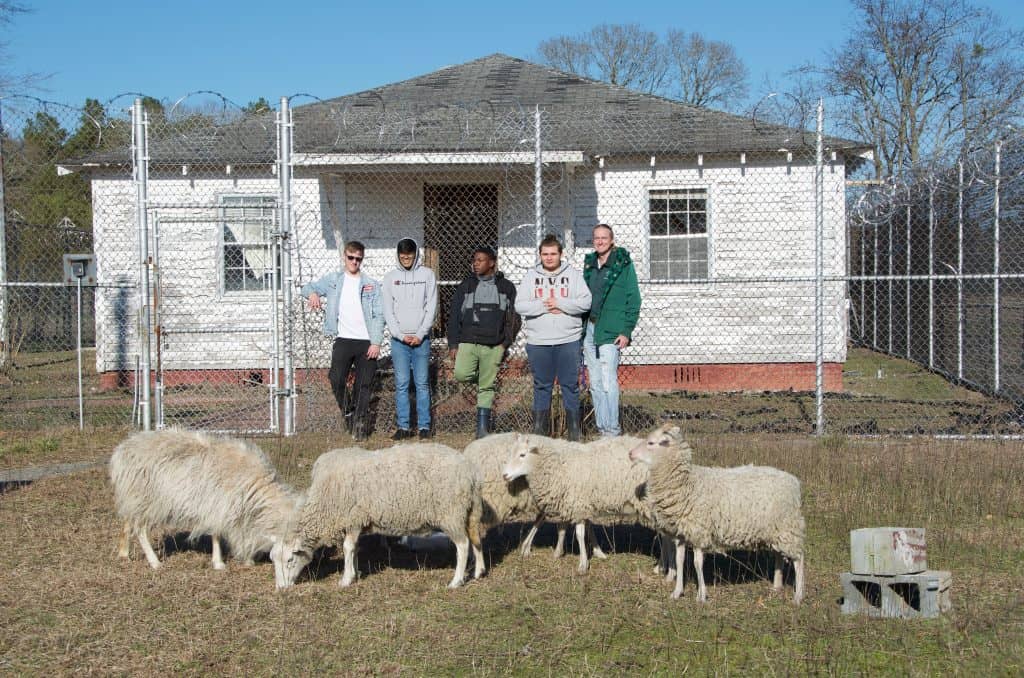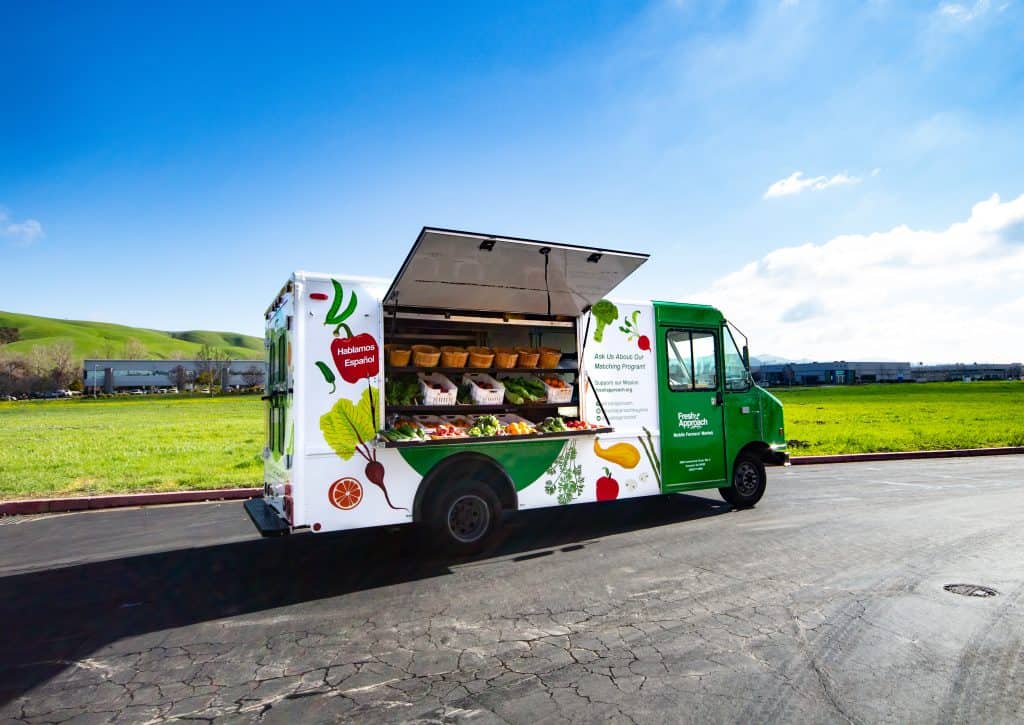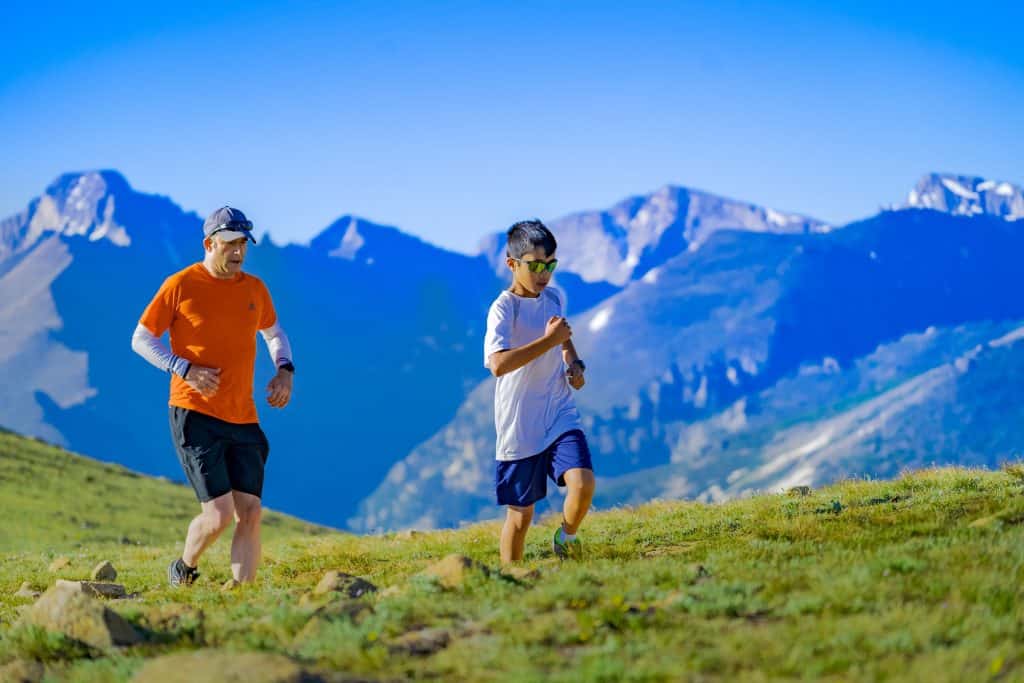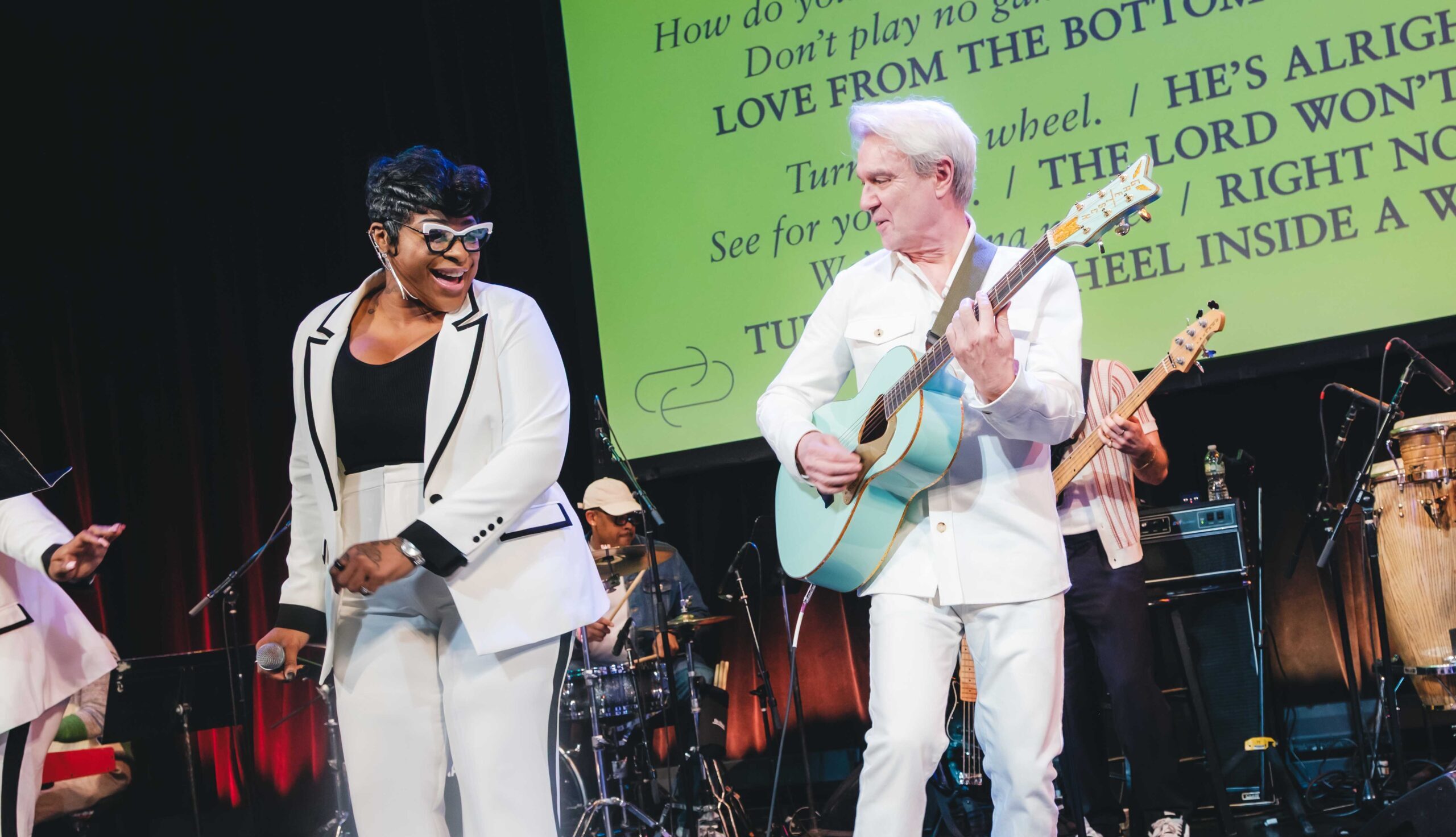You could be forgiven for thinking that 2020 was little more than a slow-motion train wreck broken up into 365 individual units. But if you’re a regular RTBC reader, you know that’s not true. Yes, it was a most difficult year. But it was also a year of problems solved, hopes sustained and seemingly insurmountable challenges met. We reported on literally hundreds of good things that happened this year, from the earth-shaking to the arcane. Here are 112 of the highlights.
More than two-thirds of all the money being invested in energy is now going to renewables.
Australia is on track to eradicate transmission of HIV by the end of this decade.
The world is gaining two million acres of leafy cover per year, an increase of about five percent since 2000.
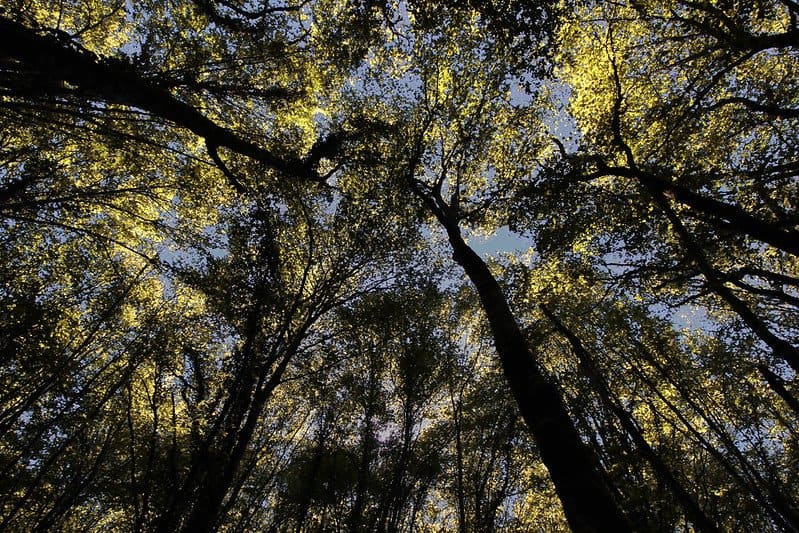
The hole in the ozone layer is expected to heal completely by 2030 in the northern hemisphere and mid-latitudes, by 2050 in the southern hemisphere and by 2060 at the poles.
In a 25 year period, homicides in North America and Western Europe fell by 46 percent.
In 2016, the only country in Europe to reimburse for PrEP, the once-a-day pill that can prevent HIV, was France. Today, the national health systems of 14 European countries reimburse for PrEP.
Weighed down by negative news?
Our smart, bright, weekly newsletter is the uplift you’ve been looking for.After California learned that many college students drop out because they can’t afford relatively small expenses, it started offering them up to $1,500 in aid. Now 70% of them graduate.
The number of Chinese people living in extreme poverty was 88% in 1981. By 2015 it had fallen to 0.7%.
A $2.75 billion project is covering the radiation-contaminated farmland in Fukushima with solar and wind farms that will produce 600 megawatts of electricity –– two-thirds as much as a nuclear plant.
A German organization has helped 3,200 people understand how it feels to be disabled by having them grocery shop while wearing vision-obscuring goggles and movement-constricting vests.
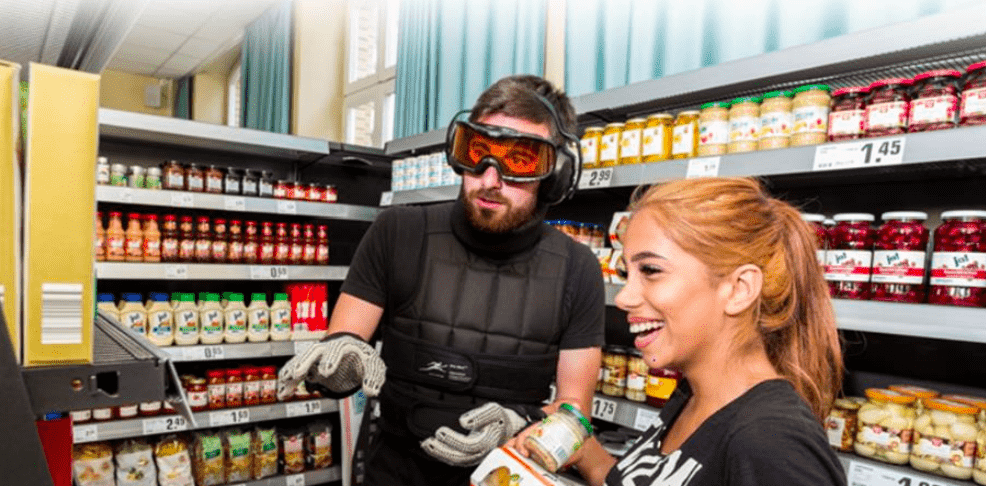
A German supermarket chain is selling expired, ugly or mislabeled food other stores won’t carry. It turned a profit of $1.3 million in its first year.
Aboriginal Australians have received $80 million to conduct “defensive burning,” which is credited with stopping enough wildfires to reduce greenhouse gases there by 40%.
Rockford, Illinois began tracking the personal situations of each of its homeless residents. Now the city is on track to reduce homelessness to functional zero this year.
A high school in Detroit employs a counselor who guides its graduates throughout their college careers. Last year, she logged 2,600 miles on the road visiting her former students on campus.
Decades after being eradicated, 14 wolves were reintroduced into Yellowstone National Park in 1995. Today there are hundreds –– and their bloodlines can be traced to that original pack.
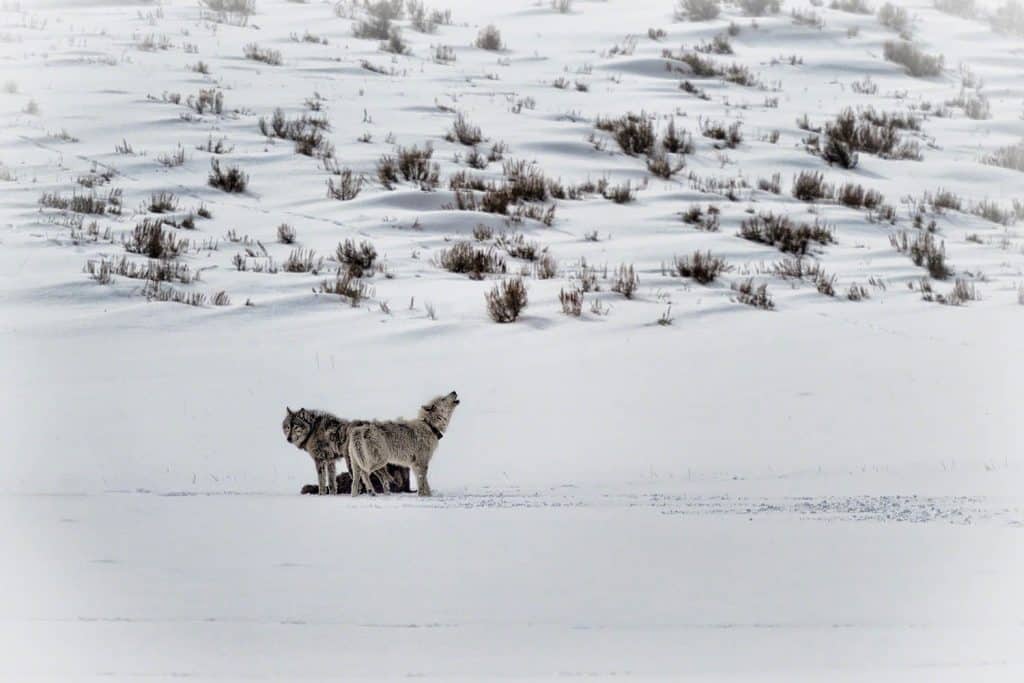
A company in New Mexico has dispatched teenagers to help 3,000 seniors figure out how to use their tablets and smartphones, bridging a generational divide.
After canvassers engaged in empathy-based dialogue with 1,900 voters in a district that voted for Trump, that same district voted for the Democratic candidate in the 2018 midterm elections.
A collective of women farmers in Mesopotamia have adopted ancient techniques that require no chemicals or irrigation. Their June harvest yielded 485 tons of wheat.
An IMF economist calculated that great whales are worth at least $2 million each because of their role in fighting climate. That’s over $1 trillion for all whales combined.
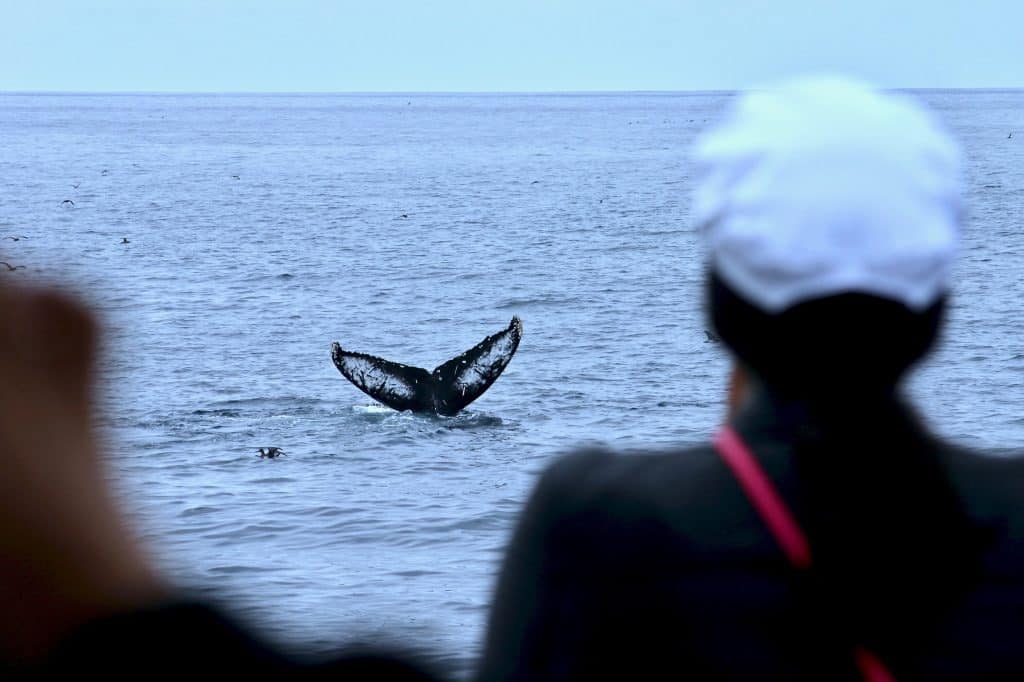
A biologist invented a sensor that detects spikes in ethylene, the chemical that makes fruits ripen, so distributors can sell it before it spoils. It’s already saved one company $400,000 in wasted food.
In Denver, carbon dioxide captured from a beer brewery’s fermentation process is being used to stimulate the growth of 2,500 marijuana plants.
Atlanta is building soccer fields on the unused lots that surround its transit stations. 300 low-income kids are registered to play, and a “station vs. station” tournament is in the works.
Police in Durham, England are helping arrestees get access to social services instead of prosecuting them. Of the 2,600 people they’ve helped, only 6% have re-offended.
Since 2011, 2,000 businesses in 60 communities across Canada have become wheelchair accessible with simple, DIY ramps.
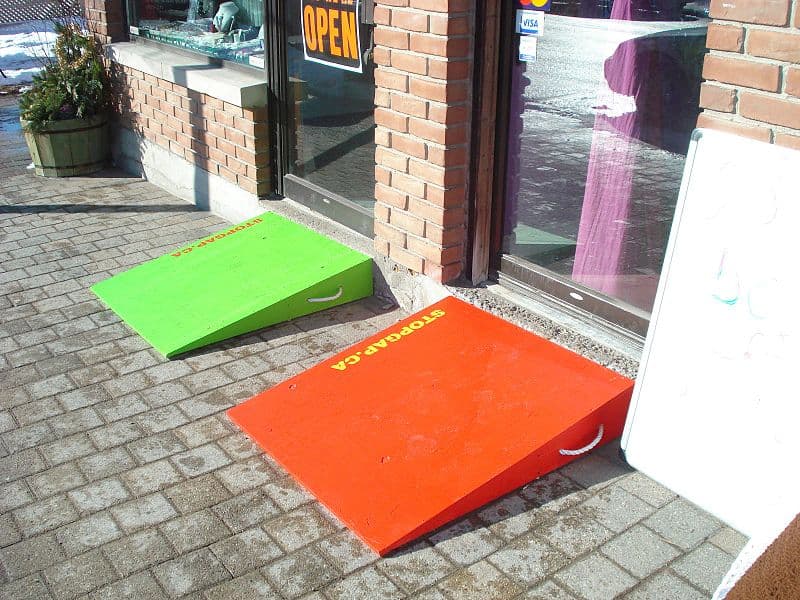
In 2017, NYC made free legal services available in 20 low-income zip codes. Since then, evictions have fallen by 29 percent.
In Kentucky, an initiative to bring preschool to the people has provided portable schooling to over 100 families.
In the past decade, 546 coal-fired power units in the U.S. have either been closed or slated for retirement.
Over 720 hyper-local volunteer groups formed across the U.K. to help residents who are vulnerable to the coronavirus stay homebound and healthy.
French luxury perfume makers like Givenchy and Dior are reconfiguring their equipment to churn out hand sanitizer. The gel will be distributed for free to the country’s network of 39 teaching hospitals, serving eight million patients annually.
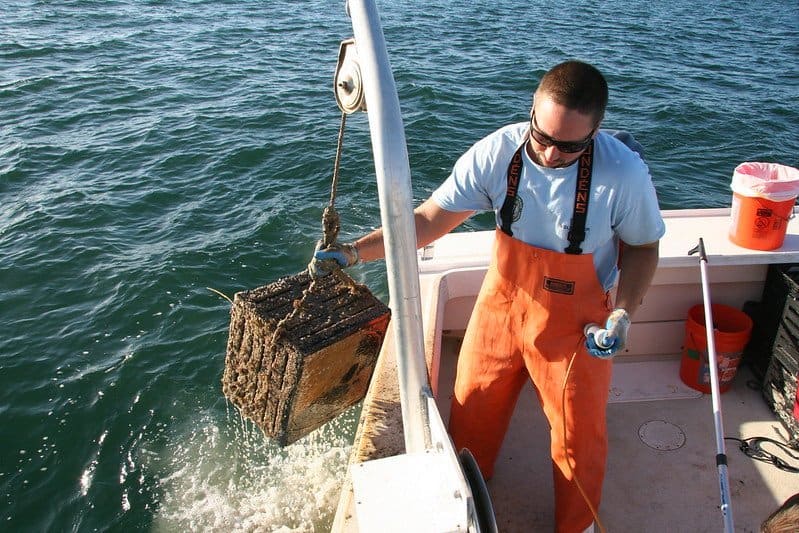
New Jersey fishermen are using sonar to clear the seabed of abandoned crab traps, which can continue to collect and kill crabs for years. So far they’ve hauled up over 2,200 traps.
A hospital in Columbus, Ohio has spent $80 million to build and repair homes in its neighborhood to make them healthier places to live.
Public libraries are booming. One central Florida library tripled their curbside pickup requests from 1,100 to 3,300.
Everyone in the Italian city of Vò was tested for coronavirus. 89 of those tests came back positive. The city instituted a nine day period of isolation and that number dropped to six.
France converted a high-speed train into a 200-mile-per-hour hospital to race coronavirus patients to less-overwhelmed regions of the country.
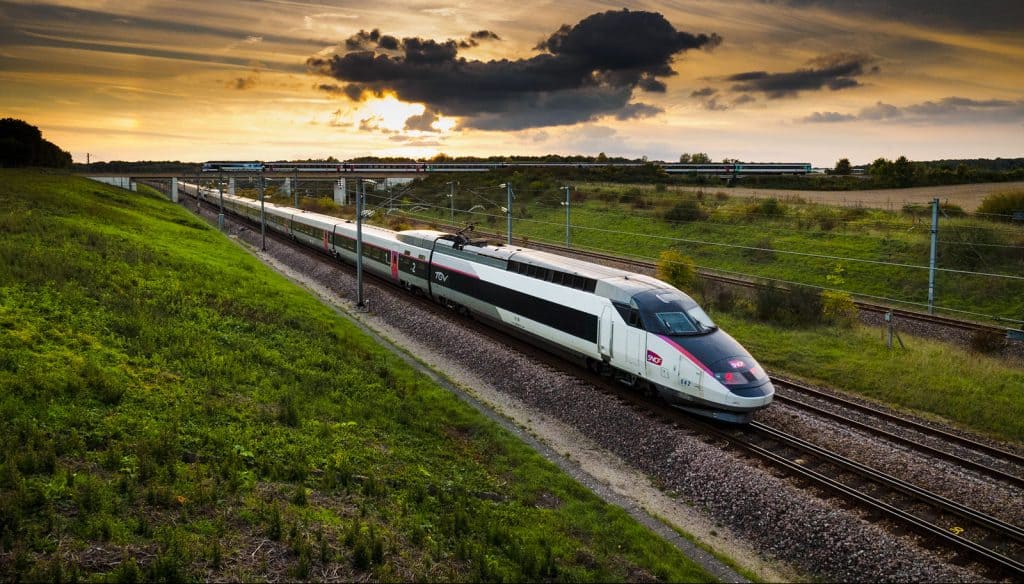
The Twin Cities campus of the University of Minnesota has more than doubled its graduation rate for Native American students.
Young writers produced over 1,000 publications through the help of youth writing organizations.
Australian tour boat companies are taxiing scientists to the Great Barrier Reef to repair its coral. So far, over 1,000 pieces of coral have been replanted.
Cambridge, Massachusetts is paying its restaurants to keep the city’s homeless residents nourished. The initiative delivered 1,800 meals in its first week.
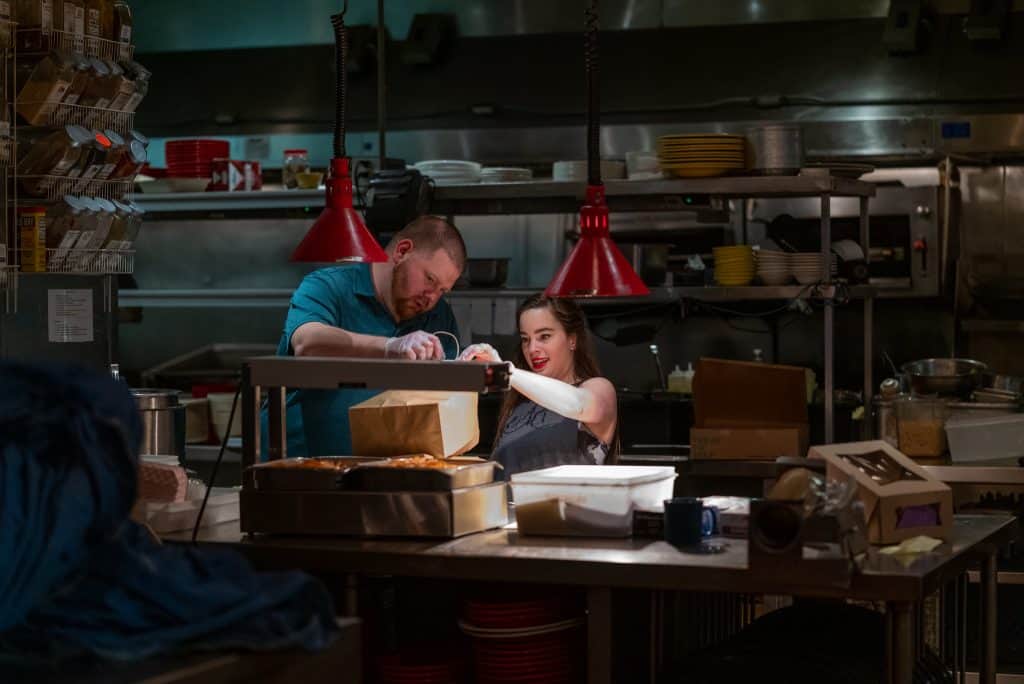
Utah’s “vote at home” system has increased voter turnout by an average of 9%.
Cities are taking advantage of the dramatic decrease in car traffic to speed up transit projects. With Los Angeles traffic down 60% the city will expedite the extension of the city’s Purple Line.
In Brazil’s ranking of 5,000 school districts, the impoverished city of Sobral jumped from 1,366th to number one.
Two-thirds of the world’s people now live in countries where renewable energy is less expensive than coal.
More than 7,000 hotel rooms in California have been secured to house recently released inmates and protect them from the coronavirus.
Over 4,000 volunteers knocked on 125,000 doors to collect the 400,000 signatures that ultimately ended gerrymandering in Michigan.

Last year, Texas got 23.4% of its energy from wind — more than any other U.S. state.
The 2,000-mile “Yellowstone to Yukon” corridor helps grizzlies and wolverines safely follow their migration rates through populated areas.
In a recent national poll, 59 percent of respondents said they’d support a government investment of $1.5 trillion in wind and solar.
California has spent nearly $200 million on over 100 machines that convert cow dung into clean energy, mitigating thousands of tons of greenhouse gases.
Paris is creating 650 kilometers of pop-up “corona cycleways” for travel once the lockdown ends.
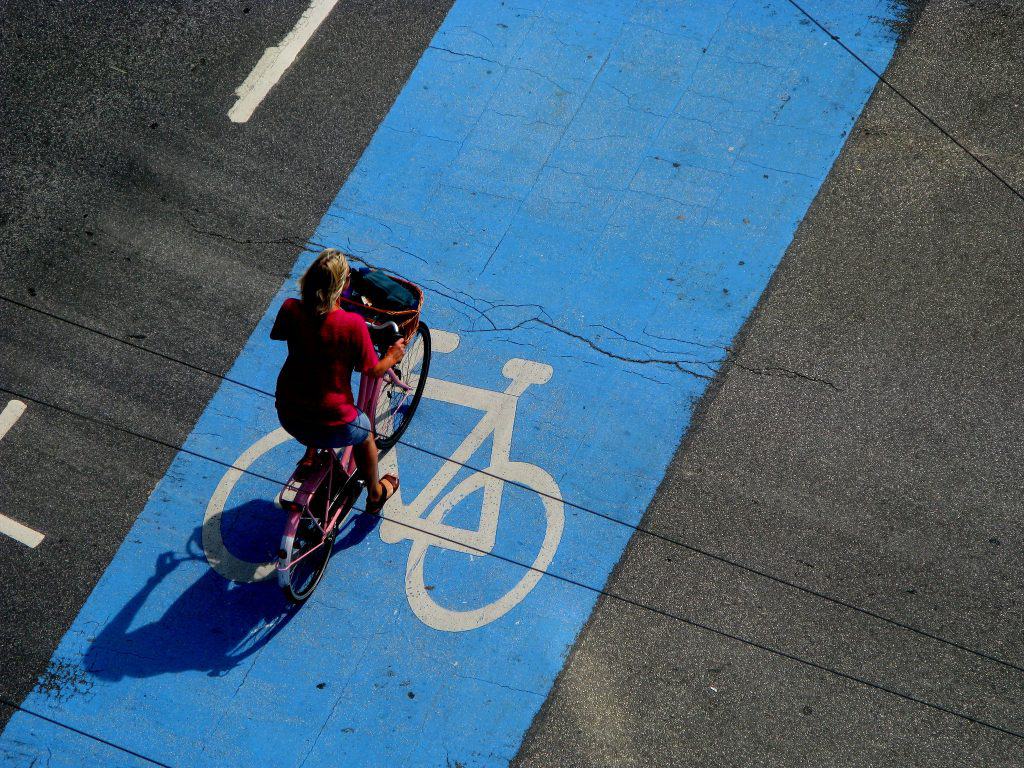
Two years after reforms New Jersey started releasing defendants accused of low-level crimes rather than holding them on bail, violent crime decreased by 16%.
Buffalo in Rwanda’s Akagera National Park have rebounded in number from 500 to 3,500 in 10 years thanks to a partnership between poachers and park officials.
As part of Pakistan’s “Billion Tree Tsunami,” hundreds of thousands of trees have been planted, restoring the depleted Changa Manga forest by 85 percent in the last few years.
Milan has announced that over 20 miles of cycling infrastructure installed for the pandemic will remain in place post-lockdown.
Even though schools are closed, school buses in Ohio’s Kanawha County are dropping off 12,500 weekly meals at “every bus stop along our normal routes.”
50 leading European financial firms endorsed a Covid-19 recovery plan to retrofit buildings, electrify transportation systems and build renewable energy and storage.
In order to receive their government bailout, Air France will have to cut carbon emissions in half by 2030.
An evangelical church in Berlin opened its doors to those of the Muslim faith, giving them the space to worship six feet apart.
Over 60 German companies issued a joint statement calling for any coronavirus stimulus they receive to be tied to a green transition.
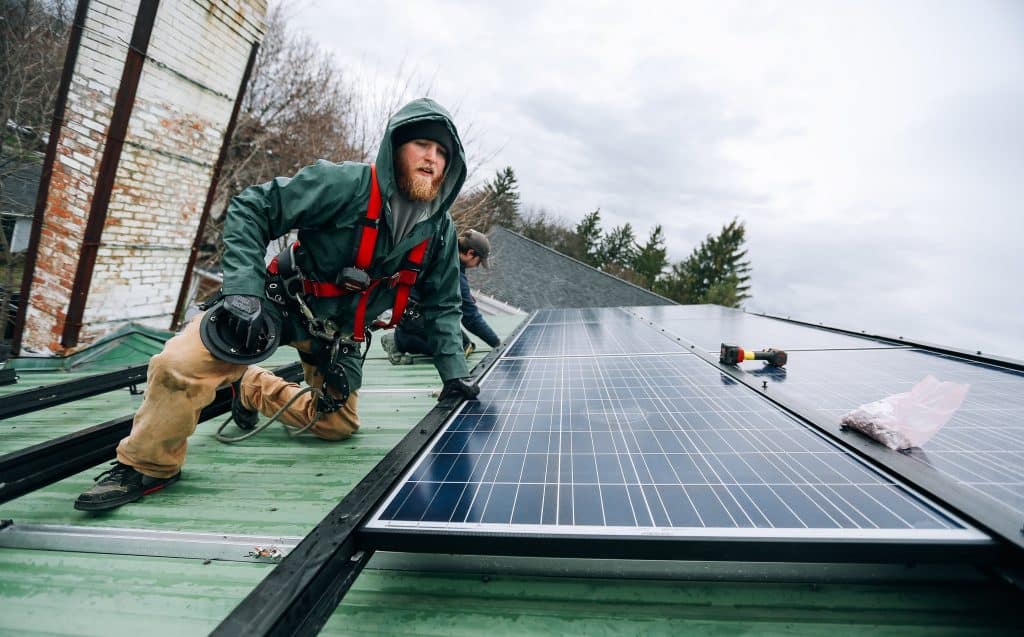
In Europe, the source of 10% of the world’s carbon emissions, over a dozen countries will be coal-free by the end of the decade.
In the last decade, the cost of solar has dropped 87% and offshore wind by 62%.
To help black-owned businesses survive during lockdown, one organization is offering them $1,000 per month for six months, no strings attached.
Instead of cops, mental health professionals are deployed to over 20% of 911 calls in Eugene, Oregon.
New York City’s census response rate is 49%. America’s is 60%. But one working-class community in the Bronx is winning the census with a 70% response rate.
In a Milwaukee high school where a violence-interruption group works with students, attendance has risen by 14% and graduation rates have been twice as high as projected.
At least 15 cities are taking steps to divert some of their policing budgets toward social services and neglected communities.
Since Wales switched its organ donation consent from out-in to opt-out, donation rates there have risen from 58% to 75%.
Thanks to conservation efforts, Oregon’s Fender’s blue butterfly, which numbered fewer than 1,500 in the 1990s, is now fluttering 30,000 strong.
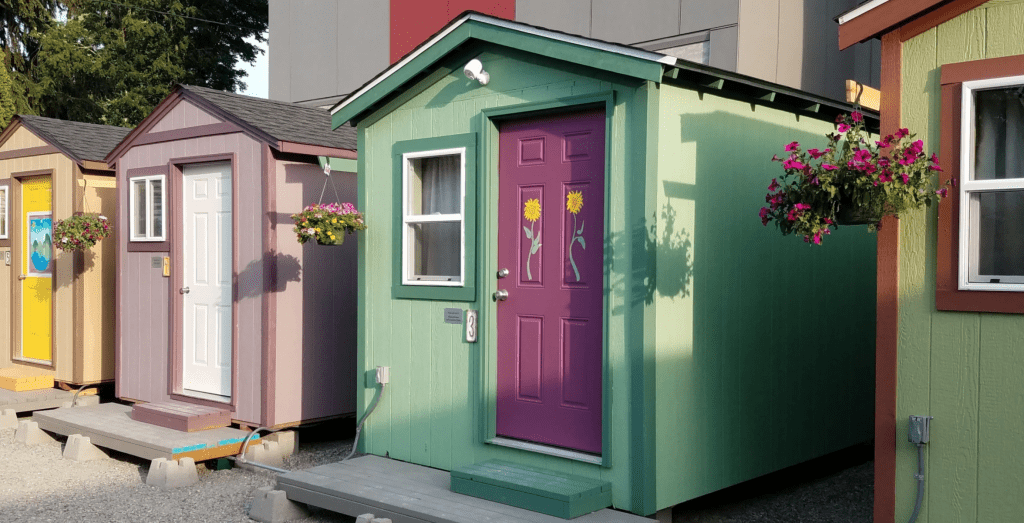
To fight homelessness during the coronavirus, Washington State is building tiny houses that cost 62% less than putting people up in hotel rooms. (And they’re permanent!)
After Camden, NJ reorganized its police force under a community-policing model, its crime rate dropped by half and reports of excessive force by police fell by 95%.
Elk were hunted to extinction in Kentucky before the Civil War. Thanks to reintroduction efforts, today some 13,000 elk roam the Bluegrass State.
A jazz club in Paris has re-opened for performances –– for one patron at a time. In just a few weeks, Le Gare hosted over 3,000 concerts for one.
At-risk teenagers in North Carolina are turning an abandoned prison into a farm — the program has been 92% effective at preventing recidivism and adult incarceration.
West Virginia elected its first transgender official –– the 27th out trans person to be elected to office in the U.S.
Oregon’s vineyards are keeping their farmworkers safe. 400 workers have been tested for Covid-19 –– only two have been hospitalized and they are recovering at home.
A new app, cooperatively owned by 51 Latin American housekeepers, has increased some workers’ average hourly wages from $11 to $25.
The hashtag #NativeTikTok, where Indigenous users perform and share their stories, has reached almost 200 million views.
Lesotho’s Premier League club is the first in the world to fund its men’s and women’s soccer teams equally.
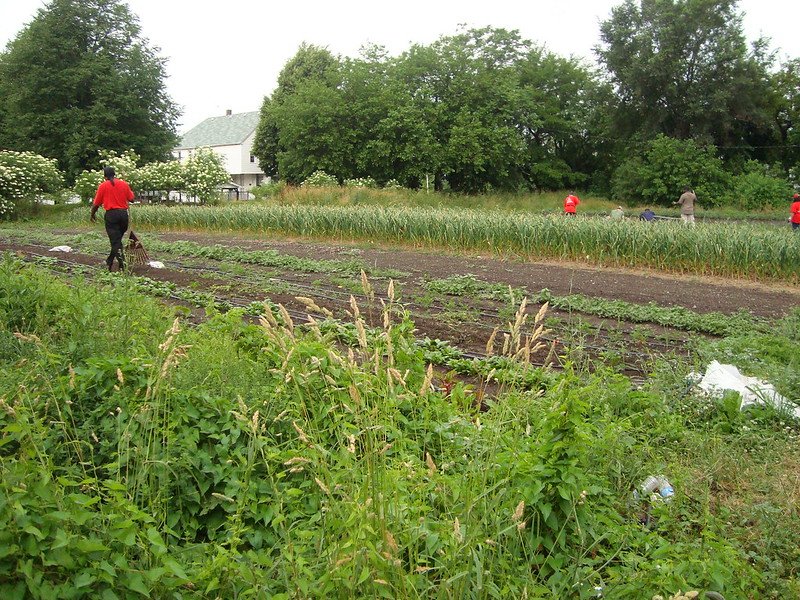
Researchers in Detroit are making city soil healthier by planting enriching vegetables on over 36 ten-by-five-foot plots.
California’s 2019 budget allocated $12.6 million for safe syringe exchanges and harm reduction grants.
Seattle eliminated parking minimums in most of its central neighborhoods. The result? Some 18,000 fewer parking spaces, saving an estimated $537 million.
Researchers are reforesting over 4,500 square feet of Tasmania’s kelp forests with climate change-resistant “super-kelp.”
“Talk pedometers” for babies are increasing vocabulary exposure from 8,000 words per day to over 12,000.
The U.K.’s largest pension fund is divesting $7.2 billion from fossil fuels.
One in four Europeans either owns an e-bike or plans to buy one this year.

Residents in a San Francisco housing project set up their own impromptu contact tracing effort and reduced their positive Covid-19 cases from 7% to 1%.
Indiana is requiring that its new 1,400-acre solar farm be seeded with pollinator-friendly plants.
Bogotá pledged to expand its existing 550-kilometer cycleway network by 50%.
The protection of watersheds along the 175-mile route traveled by New York City’s water supply has saved over $7.5 billion.
One voter outreach program connected with 130,000 Muslim households in five states and increased Muslim voter turnout by 25%.
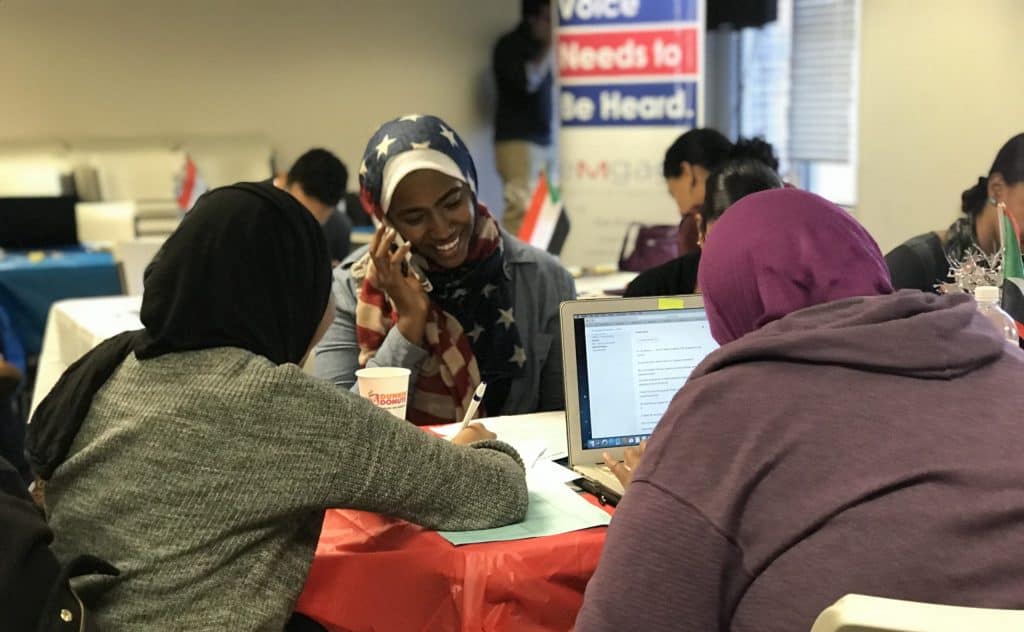
A telehealth service is providing “trans-competent” health care in 16 states, which together are home to more than 50% of America’s trans population.
Latino community organizers in Cleveland collected 78 vote-by-mail applications and registered 54 people to vote using a parade.
The World Health Organization has declared Africa free of wild polio — 95% of Africans have been vaccinated against the disease.
Produce prescription programs that serve patients healthy foods at a subsidized price have increased 371% since the pandemic started.
Over 133,000 acres of Hawaiian watershed have been protected from an invasive species attacking the native koa tree.
A start-up that helps people with disabilities find roommates and vacation rentals boasts over 2,500 members.
A group therapy initiative in California is helping to extinguish the anxiety that 60% of survivors of wildfires, hurricanes and floods experience.
An organization promoting civil discourse at universities has spread to 24 campuses.
7.6 million acres of the Great Bear Rainforest are completely off limits to logging thanks to a unique partnership between loggers and conservationists.
In Atlanta, cops and community organizers are working together to re-imagine a 471,000-square-foot jail as a community center.
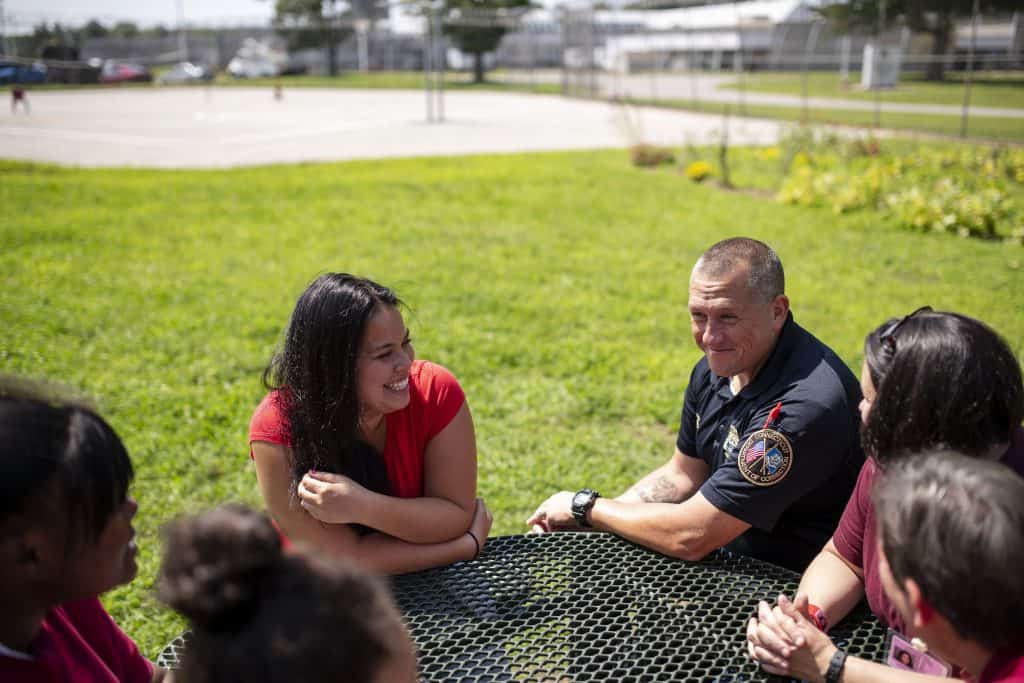
A program at a Connecticut prison houses 14 incarcerated young women with 10 older mentors who offer counseling, classes, job training and addiction help.
15 streets and intersections in Oakland were designated “essential places” to help essential workers get where they need to go.
Between April and June, grassroots organizations trained over 16,000 people on how to address everyday racism. Aftereward, 99% said they felt equipped to help if they witnessed a racist incident.
Last week Colorado passed Proposition 118, which guarantees new parents the right to three months of paid family leave.
After opening a supervised injection site for drug users, Vancouver saw overdose deaths within a 500 meter radius decrease by 35 percent.
When Switzerland started prescribing heroin to addicts in combination with methadone and therapy, their daily heroin use dropped from 81 percent to six percent.
The Mall of America is renting out space to 17 minority-owned businesses rent-free for the holiday season.
The Brazilian city of Belo Horizonte, population 2.5 million, has virtually eliminated hunger.
After a tornado, Greenburg, Kansas rebuilt itself as a wind-powered town, making it one of the few places in the U.S. that runs on 100 percent renewables.
In an effort to become a “zero-waste city,” one of Berlin’s best-known department stores has dedicated 7,000 square feet to used goods.
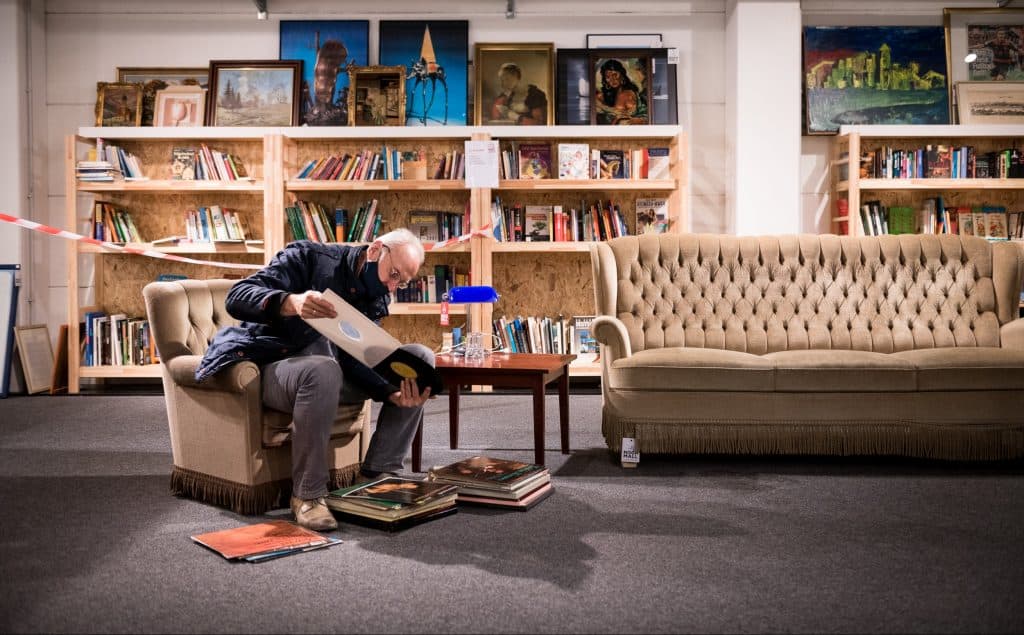
Over the past five years, scientists have grown more than 100,000 plants from seeds almost lost in Syrian’s civil war.
Chattanooga is providing ultra-fast 1 gigabit-per-second fiber optic internet service to low-income families for free.
In the race for carbon neutrality, the Paris suburbs are using district energy to provide geothermal heat to over 40,000 residents.
A rainwater reuse program in Tucson has saved over 52 million gallons of water this year.
New Zealand fishers are donating over one ton of valuable fish heads per week instead of throwing them away.
Lisbon is offering landlords 1,000 euros per month to turn their Airbnb-style apartments into affordable housing.
Los Angeles will use artificial intelligence to decide where to plant 90,000 trees next year.
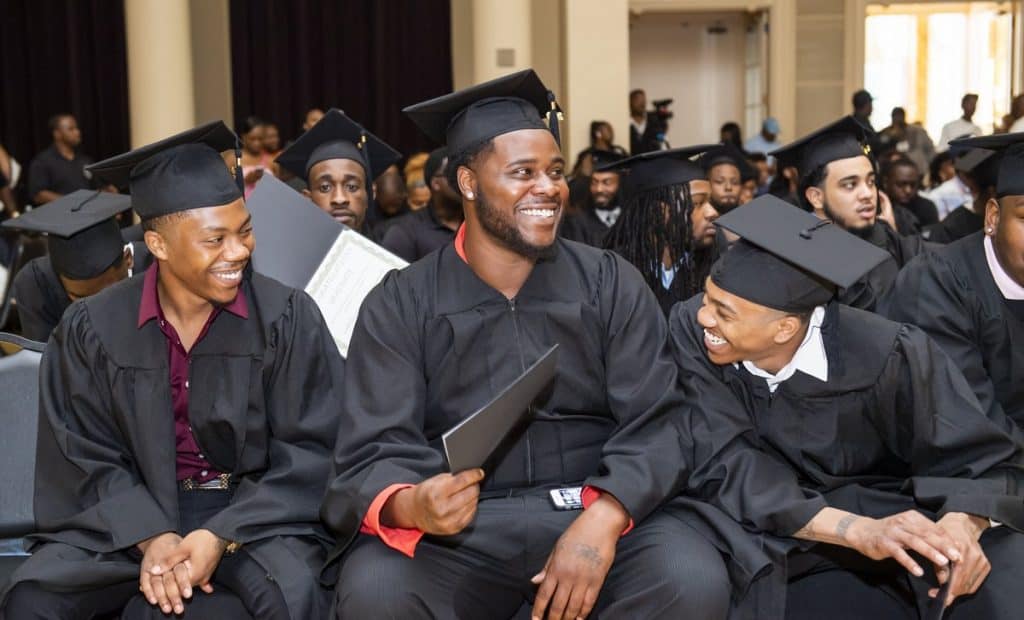
A program in Chicago that replaces guns with jobs has decreased gun violence by 33%.
A California program offers rent assistance for middle-income folks who make 80% of their area’s median income but don’t quite qualify for subsidized housing.



